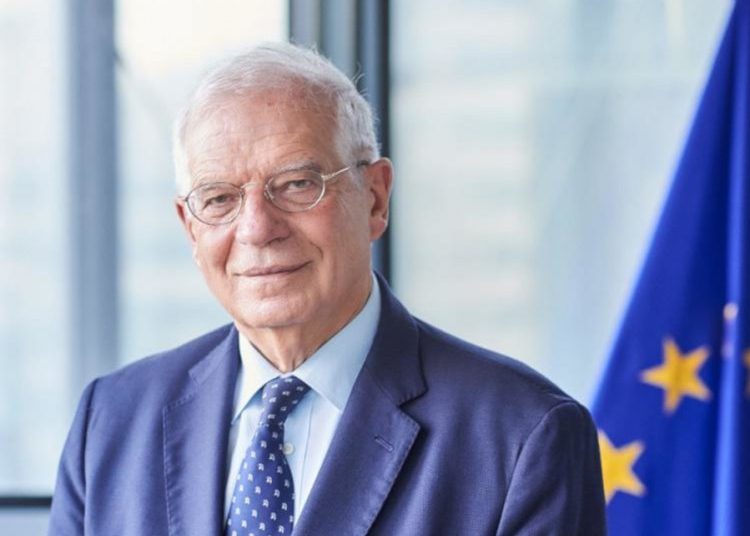A few years ago, the European Union placed the concept of resilience at the center of its Global and Security Strategy. In a more complex, contested and interconnected world, the assumption made was that security and well-being were going to face new geopolitical challenges as well as transnational risks derived from globalization. This required strengthening the capacity of each country to adjust and overcome external shocks. This is an objective of our international cooperation, but it also challenges an EU that knows that it is vulnerable to these risks.
Today, the COVID-19 is a critical test of resilience for societies, economies, and governance around the world. In the face of a global pandemic, there is no room for exclusively national responses or an interested use of cooperation or economic power for geopolitical purposes. To be sure, there are different capacities and responsibilities to start with, but without mutual support or joint global actions, the impact of the disease can be even more devastating for everyone.
The European Union and its citizens are going through very hard times. But we are aware that to overcome the pandemic we must cooperate with all our partners, working side by side. And we know this because we have been doing it for decades throughout the world, facing other shared challenges, and in particular in Latin America and the Caribbean. And that is why, despite our own difficulties, the European Union has decided to immediately reorient the technical and financial cooperation programs with Latin America and the Caribbean to respond to this pandemic, with a total of 918 million Euros, as part of the global response in support of the efforts of partner countries to tackle COVID-19. Thus, 9 million Euros will be allocated to finance the work of the Pan American Health Organization (PAHO), and the International Federation of the Red Cross in Venezuela and neighboring countries.
In the Caribbean, the EU is funding the Caribbean Public Health Agency (CARPHA) with 8 million Euros, and in concrete in Jamaica, the EU has financed 29 respirators for intensive care units.
In Cuba, the EU is strategically adapting to the new context the cooperation projects being implemented in the country, especially those related to food security, in dialogue with the government and relevant institutions. Likewise, urgent needs are being identified in the health services and other social services to direct possible additional funds, particularly those that may result from the donors conference on May 4, an initiative organized by the European Commission with the purpose of raising funds on a global scale to contribute to the fight against the pandemic.
Beyond these resources, where our strategic partnership with Latin America and the Caribbean can be most effective in promoting together a robust coordinated and multilateral response. Our regions have known how to respond to the health crisis, applying drastic but necessary measures such as social distancing or confinement. But the health crisis knows no borders, regions or countries. And this is why we thank Cuba for responding immediately to the request for doctors and nurses made by Italy and other countries worldwide, in a clear demonstration of solidarity between our people.
The challenge has only just begun. The coronavirus is causing a global economic crisis, which will increase inequalities and more severely affect the most vulnerable. Europe and Latin America can do much more if we act together, advancing a multilateral agenda in the G20, the UN and the multilateral financial institutions so that there is more fiscal space to avoid health collapse, economic collapse and a serious social crisis.
The coronavirus is an unprecedented challenge to the global economy. An effective response will need to mobilize international collective action. The EU and Latin America and the Caribbean―an association of 60 countries―must join forces again. It is in times of acute crisis when the ties between friendly countries are tested. And this crisis has once again reminded us that our resilience also depends on international cooperation. We will only come out of this crisis together.










